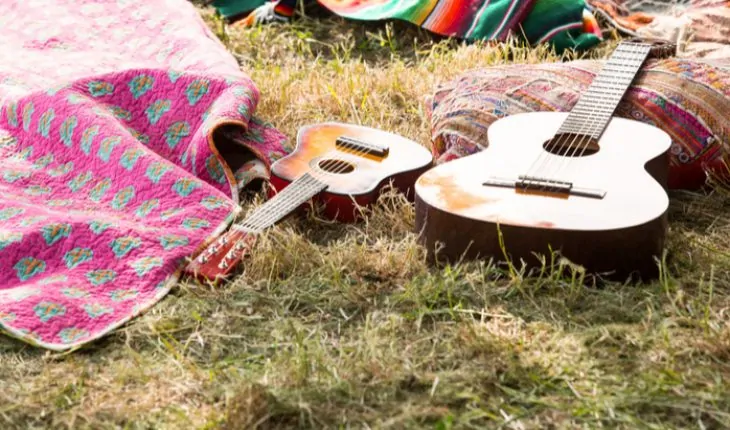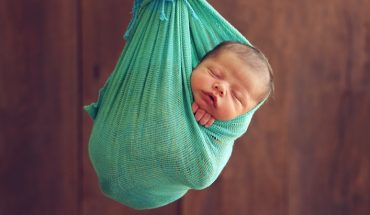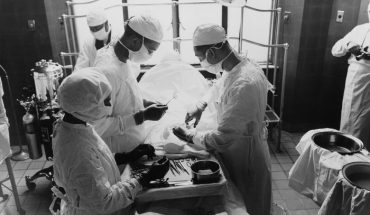Did you know the most common cause of collapse at music festivals isn’t because of substances people have taken, but because of one they haven’t – water? According to one of our team at First Aid for Life, a veteran paramedic who has worked at numerous of these events, the vast majority of people needing medical treatment at festivals are actually suffering from acute dehydration.
Many teenagers are just not aware of the importance of drinking water – particularly in hot sweaty conditions and when drinking alcohol or taking drugs (both powerful diuretics). Festival conditions conspire to make drinking water less of a priority. Food and drink prices can be high at festivals meaning cost-conscious teenagers may want to save their funds to buy alcohol. The excitement and distraction of live events can make it hard for teenagers to remember to stay hydrated.
And at a festival it can be even more crucial to top up your H20 levels to boost water lost through drinking alcohol and taking drugs which can cause overheating and serious dehydration. Or to combat dehydration caused by too much sun. Add to this staying up late, partying hard and camping – it all takes their toll on self-care.
These days many festivals, such as Reading and Glastonbury, have their own mobile on-site A&E units. This is where festival goers who collapse are treated. They are given water to rehydrate them and a cool place to recover. Many of them are also suffering from heat exhaustion and receive advice on how to stay hydrated for the rest of the festival.
These days many festivals, such as Reading and Glastonbury, have their own mobile on-site A&E units. This is where festival goers who collapse are treated. They are given water to rehydrate them and a cool place to recover. Many of them are also suffering from heat exhaustion and receive advice on how to stay hydrated for the rest of the festival.
The symptoms of dehydration are: feeling thirsty or tired, headaches, passing dark or strong smelling urine, feeling dizzy or light headed, peeing little – fewer than 4 times per day, suffering from dry mouth, lips and eyes and collapse.
Your risk of becoming dehydrated is increased if you have drunk too much alcohol, taken drugs, been in the sun for too long or been vomiting or had diarrhoea – all highly likely at festivals. At its most severe, dehydration can lead to confusion and disorientation, a weak and rapid pulse and seizures and requires hospital treatment.
If you feel you may be dehydrated, you need to up your water intake immediately. Make sure you drink fluids in small sips, increasingly your intake gradually. Try to eat high water content foods such as ice lollies or fruits such as watermelon. You could also rehydrate with oral rehydration sachets.
Being aware of the risks and symptoms of dehydration can help festival goers stay safe this summer.
So, if you are heading off to a festival this summer, or if you are packing off your teenager to experience their first festival, make sure that alongside the hot pants and wellies, you also pack sunscreen and plenty of water.
- What is a seizure? - 13th March 2025
- Febrile Convulsions and Seizures in Children - 13th March 2025
- Why women are less likely to receive CPR or survive cardiac arrest - 6th March 2025







